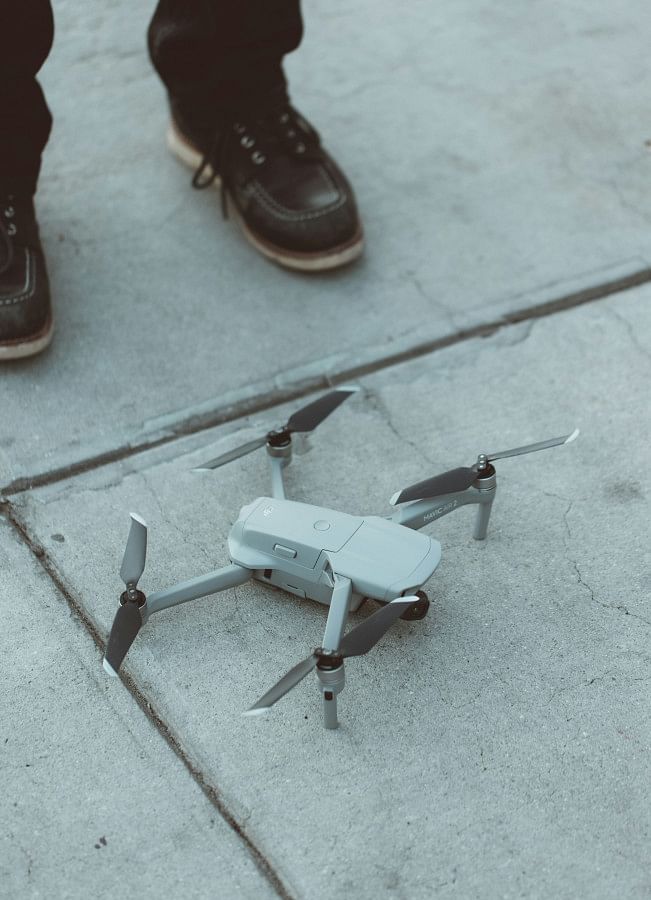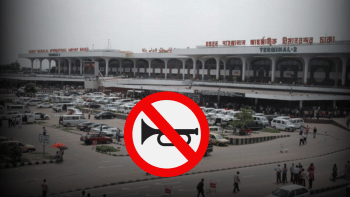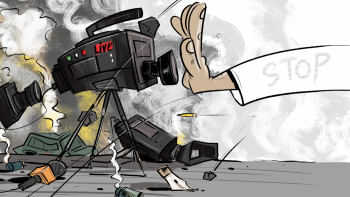There comes a time, rare yet undeniably critical, when regulations meant to ensure safety inadvertently undermine opportunity, creativity, and self-sufficiency. Such is the case with the recently proposed drone regulation draft in Bangladesh. Though intended to control the use of drones, this new legislation seems to miss the mark on several points, creating formidable barriers for everyday drone users, small-time content creators, and those who comply with the law.
In recent years, drones have become essential tools, particularly for young Bangladeshis eager to explore the art of content creation. For Rashed, a university student, drones were more than just a tech novelty; they were his lifeline. "I used to pay my bills by taking on projects that required a drone pilot," Rashed shares. His work not only helped him earn an honest income, but also allowed him to explore creative outlets that would otherwise remain inaccessible. This new regulation, however, threatens to render his livelihood void, requiring permissions, certificates, and an exhaustive registration process that make drone use a bureaucratic nightmare.
The draft proposes an elaborate certification process, one that includes acquiring a special permit, paying fees, and adhering to specific usage guidelines. For people like Sakib, who saved tirelessly for over a year to finally buy a drone, the prospect of adhering to these new restrictions feels like a slap in the face. "I saved for a year and a half to get this drone, hoping to start my own business, but this new draft makes it almost impossible to operate without constantly looking over my shoulder," he says. His disappointment is echoed by many others, who now find themselves disheartened and side-lined by what should have been a tool for empowerment.
While safety is indeed a legitimate concern, the scope of the proposed regulations seems disproportionate to the risks posed by recreational and creative drone use, especially for models weighing less than 250 grams. In their bid for control, the authorities overlooked a crucial point: most drone users are responsible citizens who rely on this technology for their personal and professional growth. Forcing them to jump through hoops, gather multiple permits, and pay recurring fees only exacerbates the challenges, dampening the spirits of aspiring creators who view drones as their gateway to expression and opportunity.
This draft's rigidity may, in fact, drive some to abandon their creative ambitions altogether. Arshad, a content creator, sees this draft as a severe obstacle to his livelihood. "Creating content is how I pay my bills and support my family. This draft doesn't just complicate things; it jeopardises my entire income source," he confesses, clearly disheartened. Content creation is already a competitive field, and the added expenses and limitations from this new regulation threaten to push him—and others like him—out of the game entirely.
Nazib, an avid drone enthusiast, questions the practicality of these restrictions. He points out that securing even a basic driving license in Bangladesh is fraught with complications, often requiring hours of waiting, document verifications, and sometimes, unforeseen fees. "If getting a simple driving licence takes this much time and patience, I can only imagine the hassle for a drone permit," he states. For everyday people, adding yet another layer of certification seems more like a punishment than a safeguard. The bitter experience of spending hours, and sometimes days, in queues for official documents looms over these drone enthusiasts, making the prospect of a drone certificate discouraging at best.
Regulations that encourage responsible drone use are not inherently bad; they're necessary. However, they should also be attainable and considerate of the needs of everyday users. This proposed draft seems to be disconnected from the reality of the people it impacts. Most of these users aren't aspiring criminals or reckless operators; they are individuals who rely on drones for honest work, from surveying landscapes to capturing the beauty of Bangladesh from an aerial perspective. Penalising them for the few who misuse the technology feels not only unjust, but counterproductive.

Moreover, the potential positive impact of drones — enhancing tourism, aiding development work, promoting cultural heritage, supporting journalism — should not be overlooked. Strangling these possibilities in red tape discourages innovation and the organic growth of an industry that's still in its infancy. The draft's current structure demands reconsideration, a chance to be less of a barrier and more of a bridge.
The voices of Rashed, Sakib, Arshad, and Nazib echo a common sentiment: the need for a balanced approach that protects without punishing, that regulates without restricting. It is our responsibility to ensure that these regulations uplift and empower rather than stifle. Bangladesh has the potential to nurture a thriving community of drone enthusiasts, content creators, and entrepreneurs — only if we can find a way to do so without making their journey more difficult than it needs to be. The opportunity to reshape this draft with understanding and empathy lies in the hands of policymakers. One can only hope they recognise the dreams and struggles of those whose lives these regulations will touch.















Comments